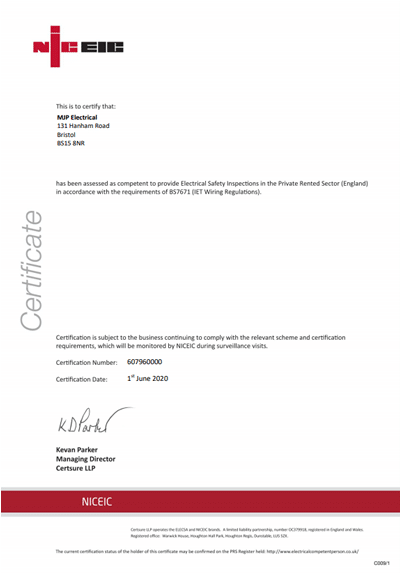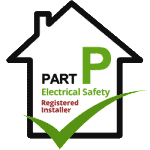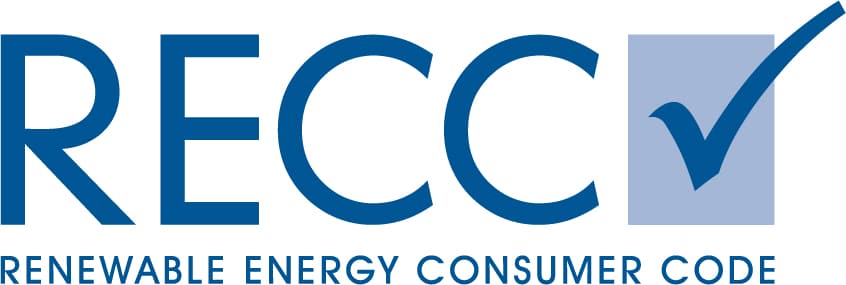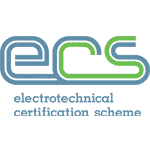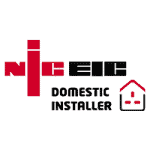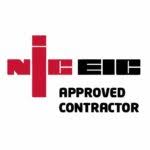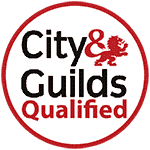A: An EICR will check if your property’s electrics have any faults that cannot be identified through a visual check. A number of faults may occur, such as electrical circuits being overloaded or overheating during use. If any electrical circuit is not properly installed – for example, without earthing or bonding to safely secure the electrics – it may potentially cause a fire or shock hazard. EICR testing will identify any defective electrical work within the system.
A visual check can also be performed to give you a quick analysis of how safe your property is. This will look for broken sockets and light switches, damaged cables and scorching / burn marks as a result of overloading the power outlet. It will also look at the residual current device (RCD) for the circuits that operate the bathrooms and gardens. It is recommended that this visual check is completed at regular intervals in between the more in-depth EICR tests.After the test has been completed, the testing engineer will produce a certificate for you. It will detail any damages, deterioration, defects or other dangerous conditions. It will also highlight anything that doesn’t match the present day safety standards and things that might put people at risk.Should the EICR test come back as negative, the EICR will be classed as “unsatisfactory” meaning that the required work needs to be done, without delay, to remove the risk to those living or working at the property. As well as returning an “unsatisfactory” result, the report will detail which electrical system(s) failed the test. Work required is classified using the following codes:</p?
- C1 – ‘danger is present’, risk of injury is likely and immediate action is required.
- C2 – potentially dangerous and remedial action is needed urgently.
- C3 – improvement to your electrical system is recommended. C3 is the only classification code that can appear on a report and still pass the EICR test.
Once your electrical system has passed the inspection fully and any urgent remedial work has been completed, you will be provided with an EICR Certificate of Safety, giving you peace of mind that your electrics are safe.


